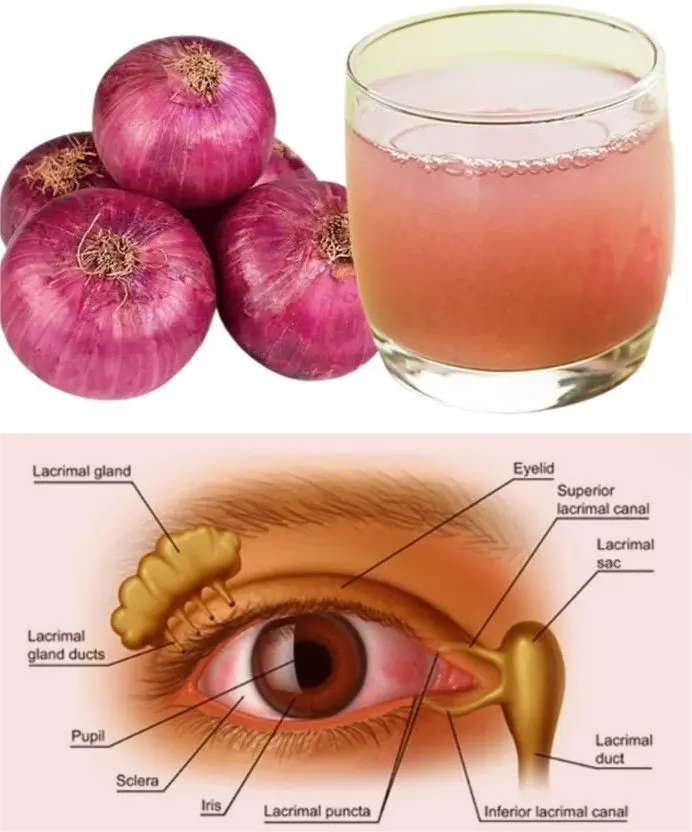
Top 3 Vitamins for Hip Arthritis – Say Goodbye to Hip Pain
Today, I’d like to share several natural and effective strategies to prevent hip osteoarthritis and maintain joint health. Over the past 30 years, there’s been a growing epidemic of people developing arthritic changes in the hip joint. While the elderly remain at the highest risk, anyone who eats poorly, carries excess weight, or relies heavily on certain medications is also vulnerable. Unfortunately, one of the biggest problems is that many people ignore early symptoms or pursue treatments that do little to address the root cause of the disease.
Understanding Hip Osteoarthritis
Cartilage is a strong yet flexible connective tissue that acts as a cushion between your bones. You can think of it as a smooth, moist, and resilient protective layer that keeps your joints moving freely. It’s primarily made up of collagen, elastin, water, and other essential compounds that maintain its elasticity and shock-absorbing capacity.
When hip osteoarthritis develops, the main issue is the gradual wearing away of this cartilage. As it deteriorates, the bones begin to rub against each other, causing pain, stiffness, swelling, and reduced mobility. Many people do not fully understand what happens once osteoarthritis begins, and even fewer know that it can be managed — and sometimes slowed — through natural means. If left untreated for many years, severe cartilage loss can lead to chronic pain and, in many cases, the need for hip replacement surgery.
The good news is that you can help slow down or even halt these inflammatory processes naturally. One of the best ways to protect your joints is by ensuring that your body receives adequate amounts of key vitamins and nutrients.
Three Essential Vitamins for Healthy Hips
1. Vitamin C – The Collagen Builder
Vitamin C plays an essential role in producing collagen, the primary structural protein in cartilage. It helps repair connective tissue and supports the growth of strong, flexible joints. A daily intake of vitamin C can make a remarkable difference in joint resilience and overall tissue health. You can find vitamin C abundantly in citrus fruits, bell peppers, tomatoes, kiwifruit, broccoli, strawberries, Brussels sprouts, and even potatoes. Consider including a variety of these foods in your meals to naturally boost your levels and strengthen your cartilage.
2. Vitamin D – The Bone Protector
Vitamin D deficiency is shockingly common; in fact, more than 70% of people are chronically low in this essential nutrient. Vitamin D is crucial for your immune system, metabolism, and especially for the maintenance of bones, joints, and cartilage. Without enough of it, these structures weaken and degenerate faster.
Whenever possible, expose your skin to sunlight for 30–60 minutes each day, as sunlight is the most natural and powerful source of vitamin D. However, if you spend much of your time indoors or live in a region with little sunlight, make sure to supplement with vitamin D3 or include foods rich in it, such as fatty fish, egg yolks, and fortified dairy products.
3. Vitamin K – The Calcium Regulator
Vitamin K exists in two primary forms: K1 and K2. While K1 supports blood clotting, K2 is critical for directing calcium into the bones rather than letting it accumulate in arteries or soft tissues. Vitamin K2 activates a protein called osteocalcin, which binds calcium to the bone matrix, improving bone strength and reducing the risk of osteoarthritis. Foods like fermented soy (natto), cheese, egg yolks, and liver are excellent sources. Emerging studies continue to confirm that adequate vitamin K2 intake improves bone density and joint integrity.
Additional Nutritional Supplements
In addition to vitamins, several natural supplements can nourish and rebuild cartilage. The most important are glucosamine and chondroitin, two compounds naturally found in healthy cartilage. Taking these supplements regularly—especially glucosamine sulfate—can reduce inflammation, improve lubrication in the joint, and relieve pain and stiffness. You can find them easily in most pharmacies and health stores.
Other beneficial supplements include SAM-e, MSM (methylsulfonylmethane), and turmeric with piperine (1000–3000 mg daily). These compounds have strong anti-inflammatory and antioxidant effects that support joint recovery and flexibility.
Another powerful nutrient worth considering is astaxanthin, a natural red pigment found in microalgae and seafood, known for its exceptional ability to neutralize free radicals and reduce inflammation throughout the body. Using it consistently through the year can help maintain joint comfort and mobility.
Lifestyle Changes for Lasting Hip Health
Nutrition alone isn’t enough — lifestyle plays an equally important role in preventing osteoarthritis.
Practice Intermittent Fasting:
Intermittent fasting can help regulate blood sugar, reduce inflammation, and encourage the body to repair damaged tissues. Many people find that fasting just 12–16 hours a day improves energy, focus, and joint comfort.
Stay Active:
Gentle, regular exercise such as walking, swimming, yoga, or tai chi helps strengthen the muscles that support your hips. Exercise not only improves flexibility and balance but also enhances circulation, delivering vital nutrients to the joints and flushing out toxins that can trigger inflammation.
Maintain a Healthy Weight:
Every extra kilogram of body weight adds significant stress to your weight-bearing joints — especially the hips, knees, and spine. Even modest weight loss can relieve joint pain and slow the progression of arthritis.
Prioritize Rest and Recovery:
Quality sleep is often overlooked but essential for tissue regeneration and pain management. Aim to go to bed at the same time each night and keep your sleep environment calm, dark, and free from distractions.
Final Thoughts
By combining smart nutrition, targeted supplementation, and healthy lifestyle habits, you can dramatically improve your hip health and reduce the risk of osteoarthritis. Prevention is always more effective than treatment — so take action early, especially if you’re over 50 or already noticing stiffness or pain. Your joints are designed to move, support, and serve you for life — give them the care and nourishment they deserve.
News in the same category


Bed Bugs Hate This! How Diatomaceous Earth and Cloves Can Wipe Them Out

These are the consequences of sleeping with the…

5 Common Foods That Often Contain Parasites — Many People Eat Them Daily
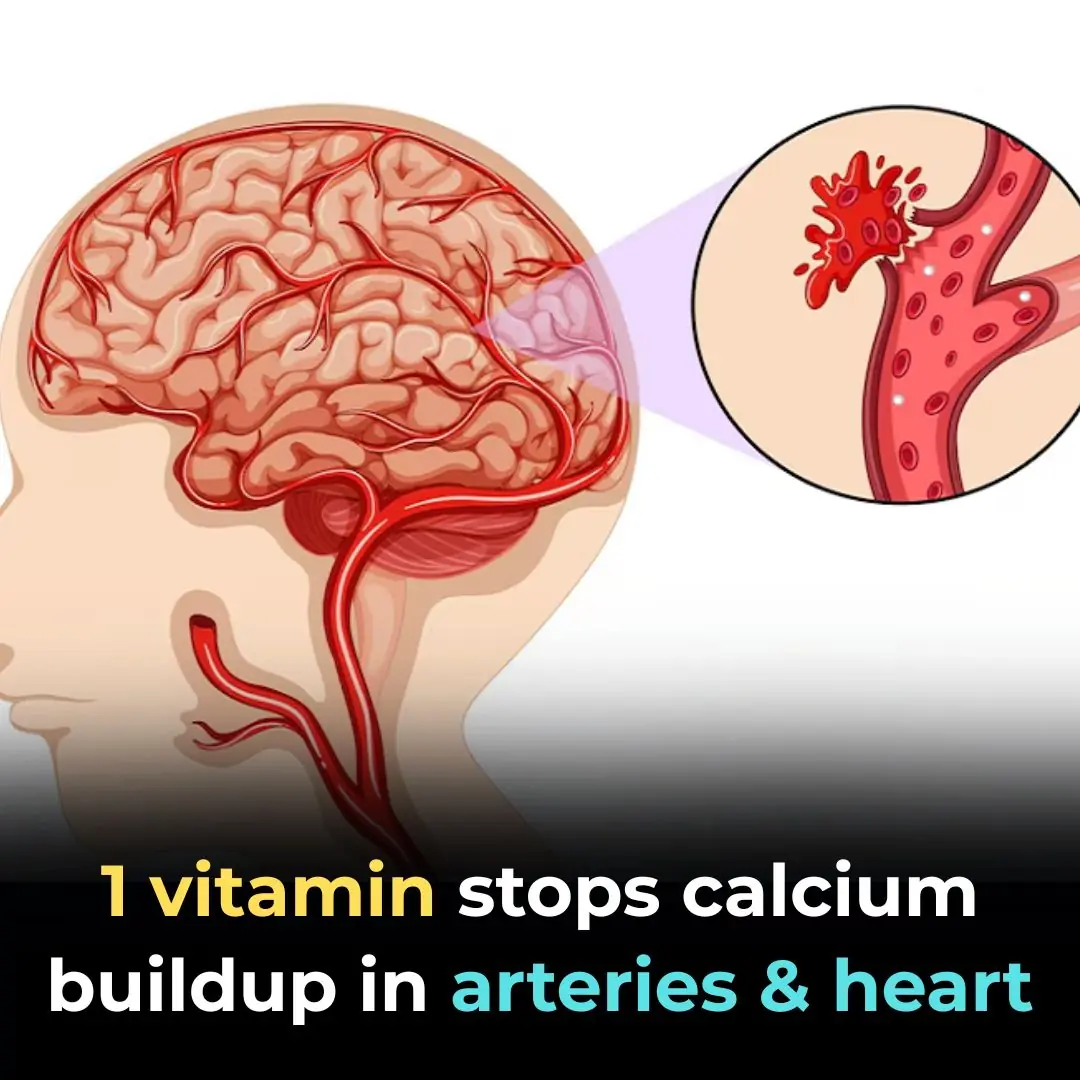
1 Vitamin Stops Calcium Buildup in Arteries and Heart

Why this doctor refuses to prescribe statins for high cholesterol

Vegetables for people with diabetes need to know
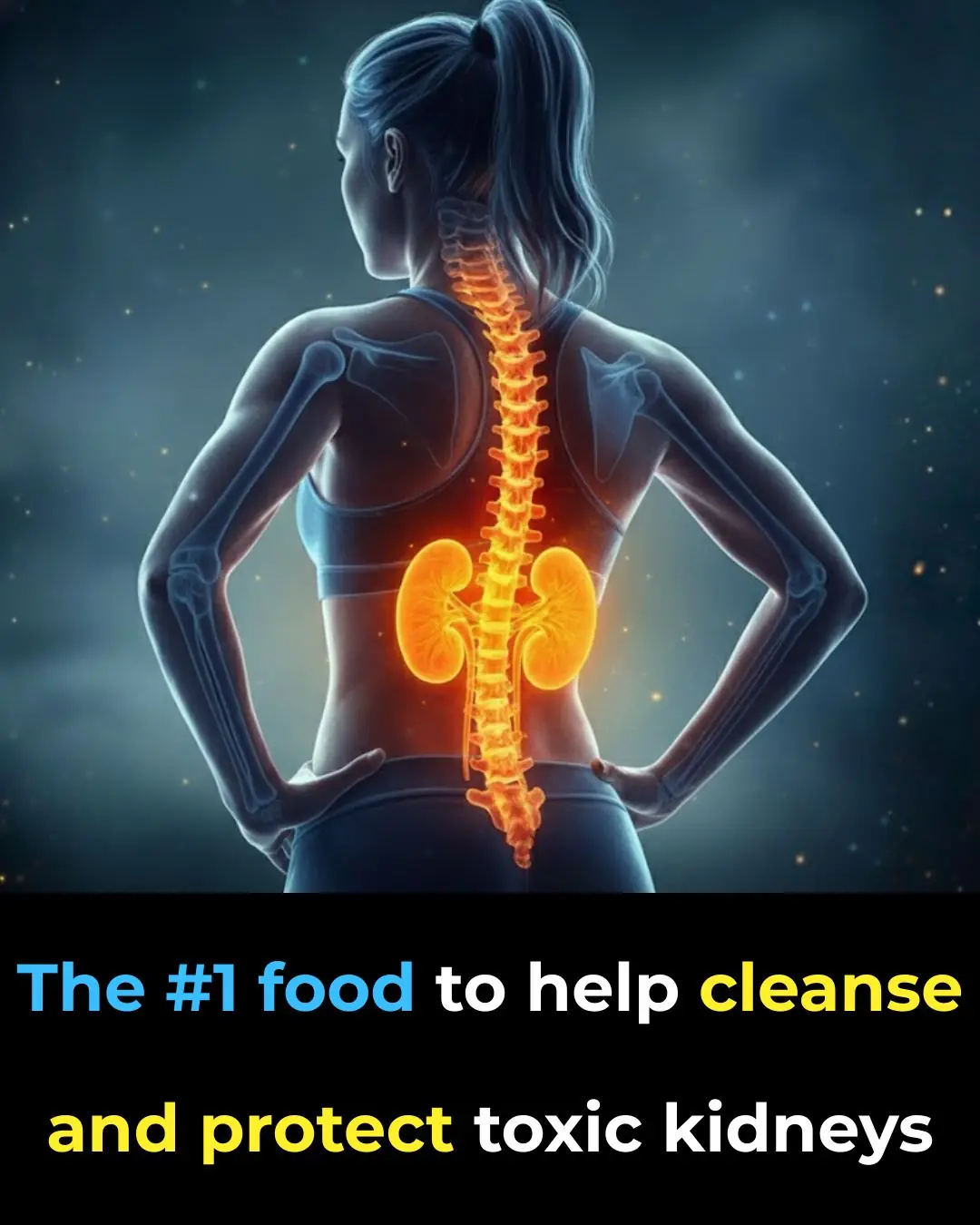
The #1 food for toxic kidneys
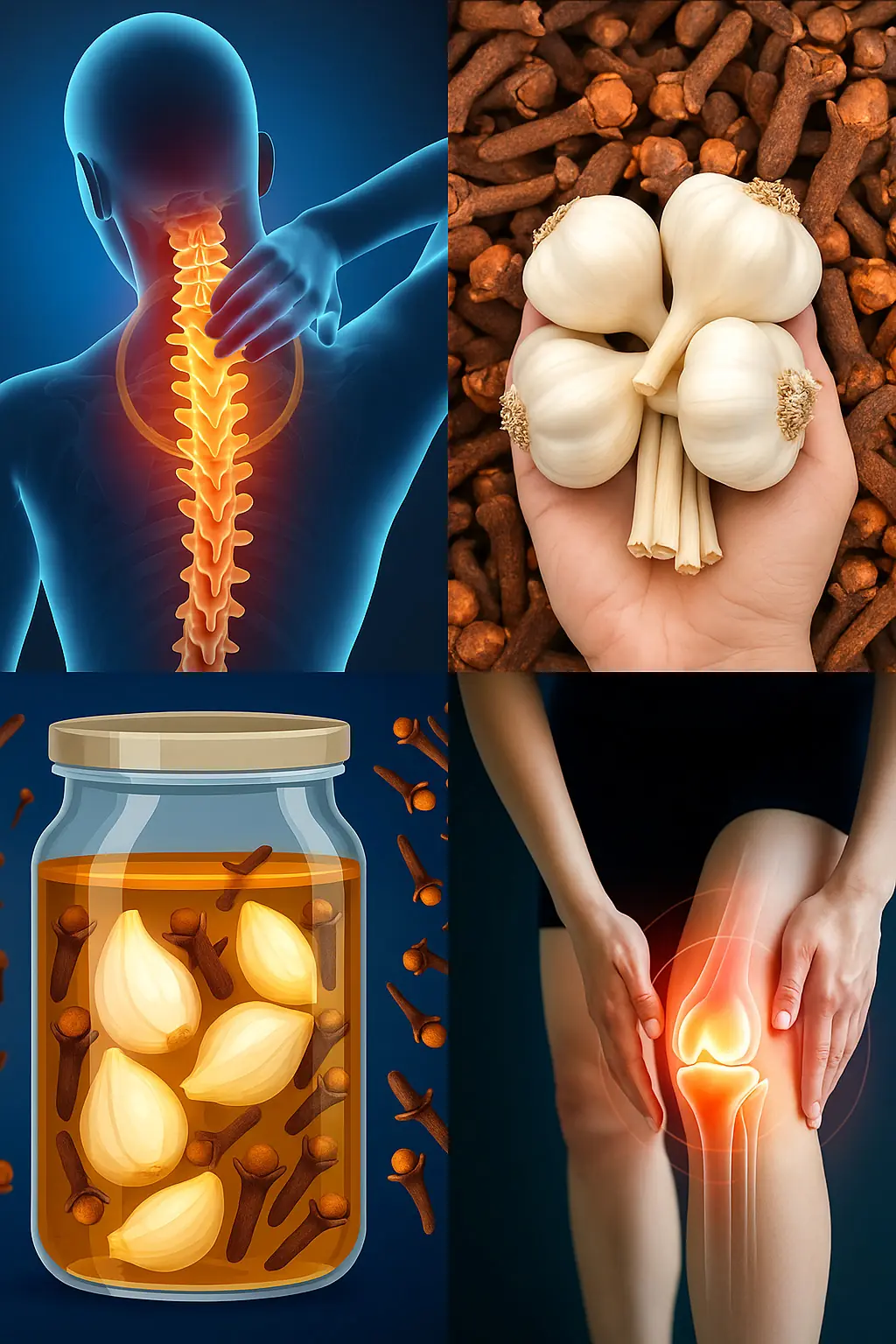
Garlic & Cloves: The Natural Remedy for Varicose Veins and Circulation

5 foods that heal your body and STARVE cancer—eat these now!
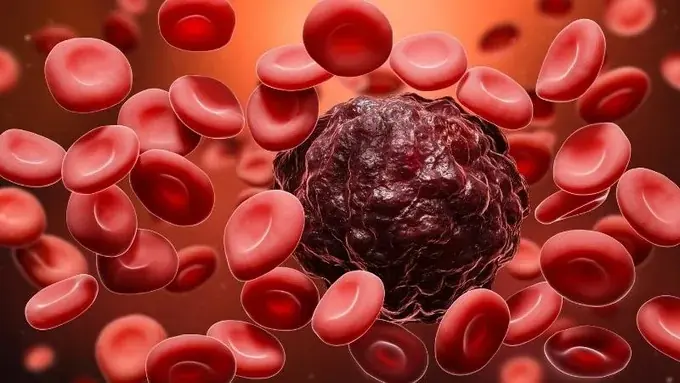
Diagnosed With Terminal Cancer That Spread to Her Brain, the Woman Broke Down in Tears After Learning the “Culprit” Came From Her Own Family

The Impressive Health Benefits of Guava Fruit and Leaves & How to Eat Guava (Evidence Based)

Do You Wake Up With Numb or Tingling Hands? Here's What Your Body Is Trying to Tell You
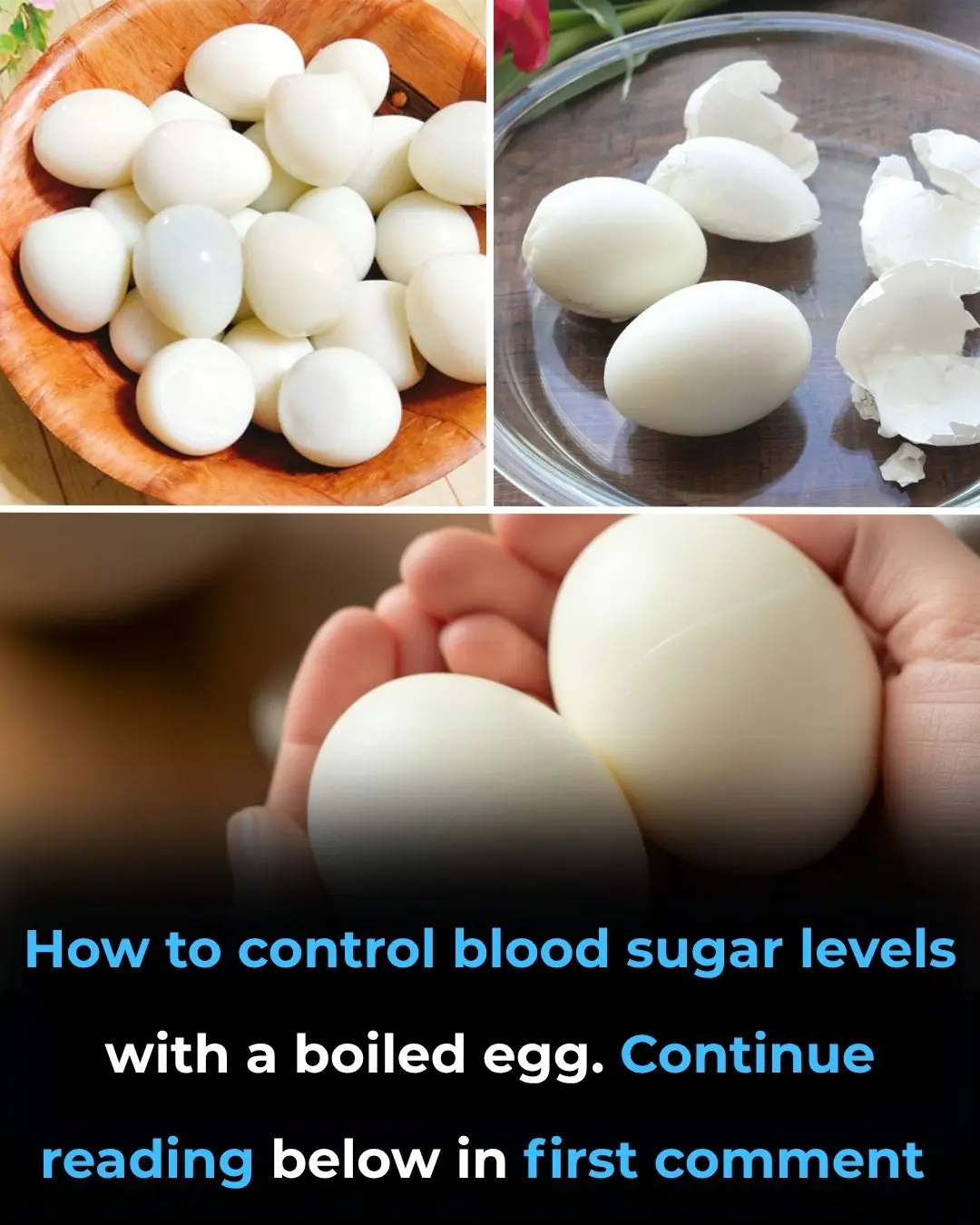
How to Control Blood Sugar Levels with a Boiled Egg
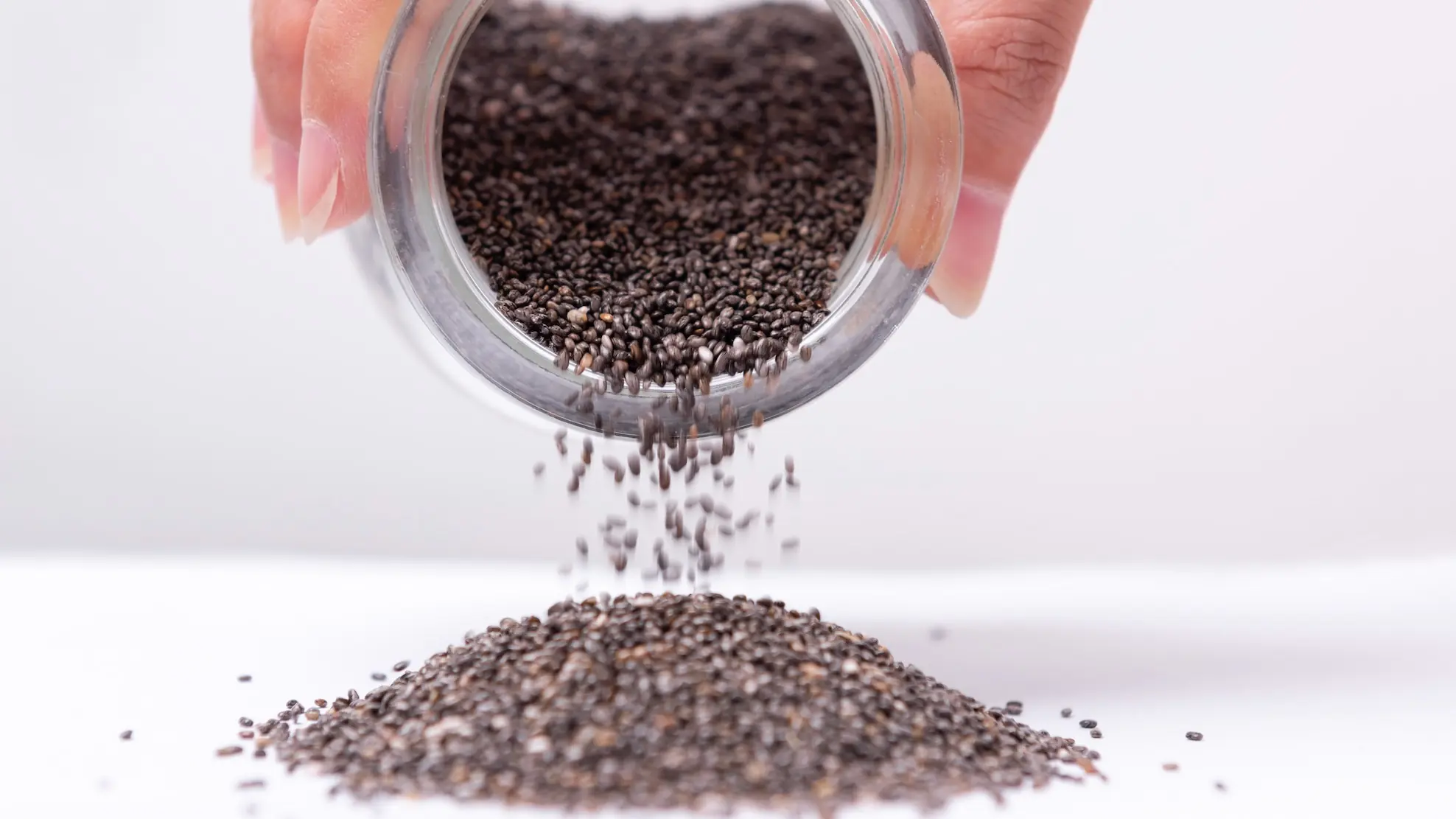
I started adding chia seeds to my breakfast every day — and within a week, I noticed some surprising changes

4 powerful vitamins that help protect you from cancer—start today!

What Happens When You Take 1 TBSP of Apple Cider Vinegar For 60 Days
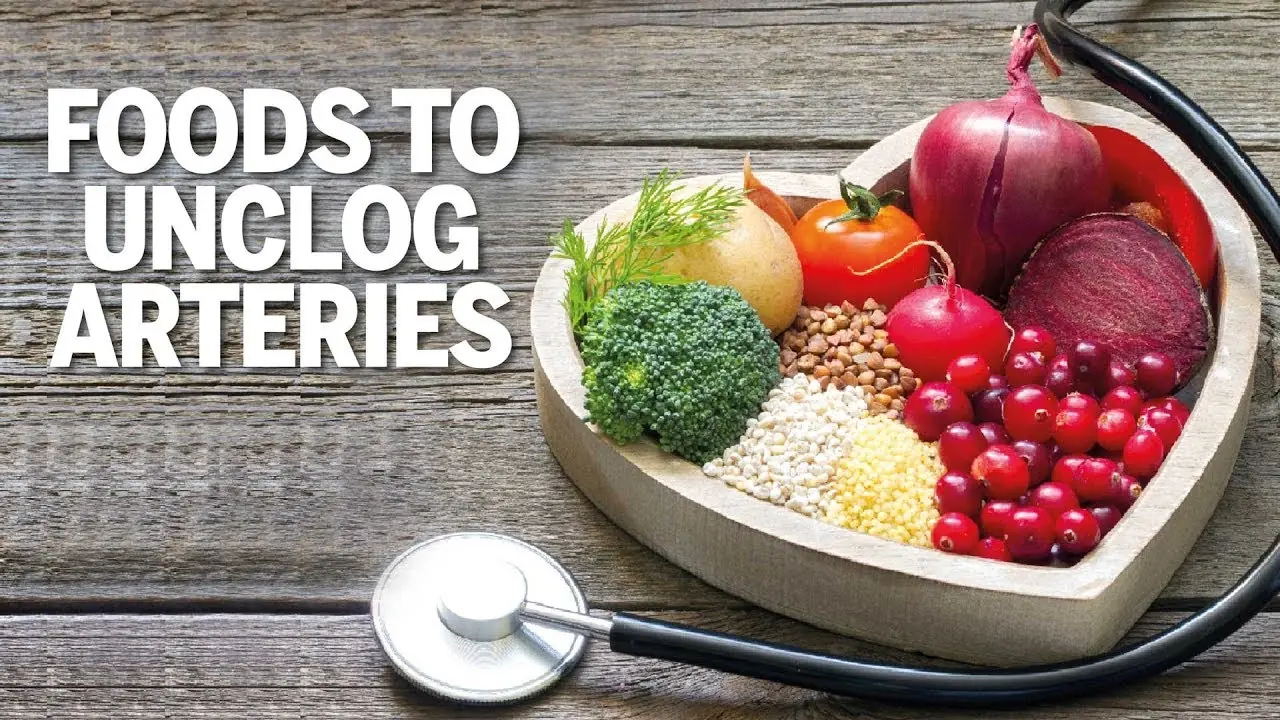
The #1 Food to Unclog Your Arteries Naturally
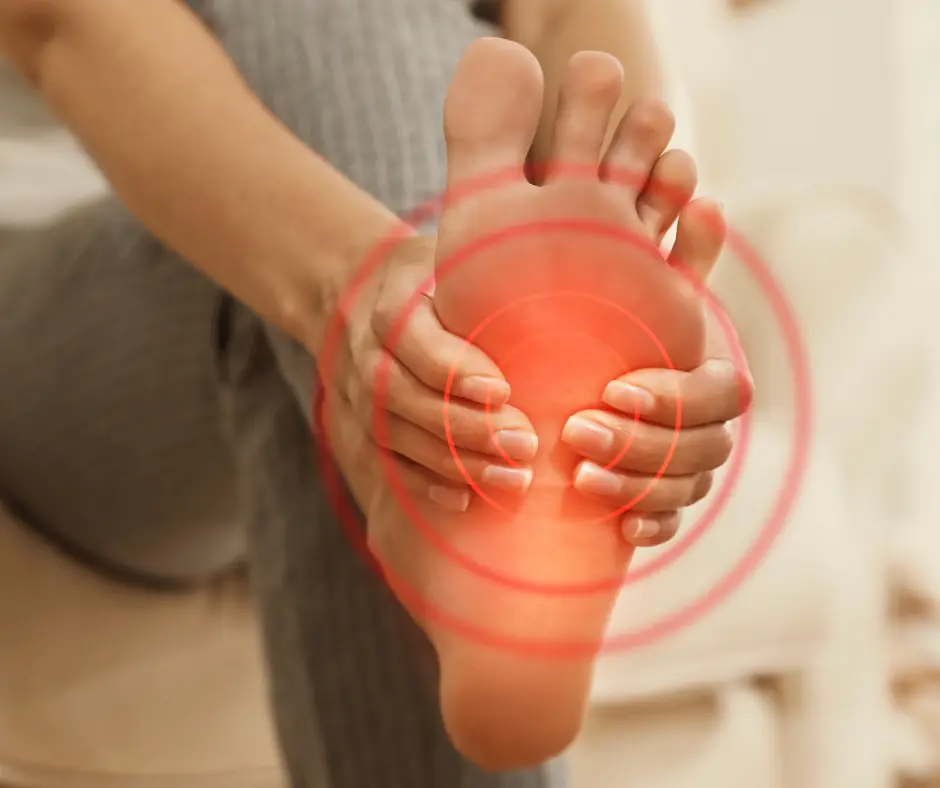
What Your Feet Can Reveal About Your Blood Pressure, Thyroid, and Arthritis Risk
News Post

Can Onion Juice Gently Support Eye Health? A Natural Tip to Try

Bed Bugs Hate This! How Diatomaceous Earth and Cloves Can Wipe Them Out

These are the consequences of sleeping with the…

5 Common Foods That Often Contain Parasites — Many People Eat Them Daily

1 Vitamin Stops Calcium Buildup in Arteries and Heart

S:ida Acuta: Exploring the Healing Properties of this Herbal Remedy
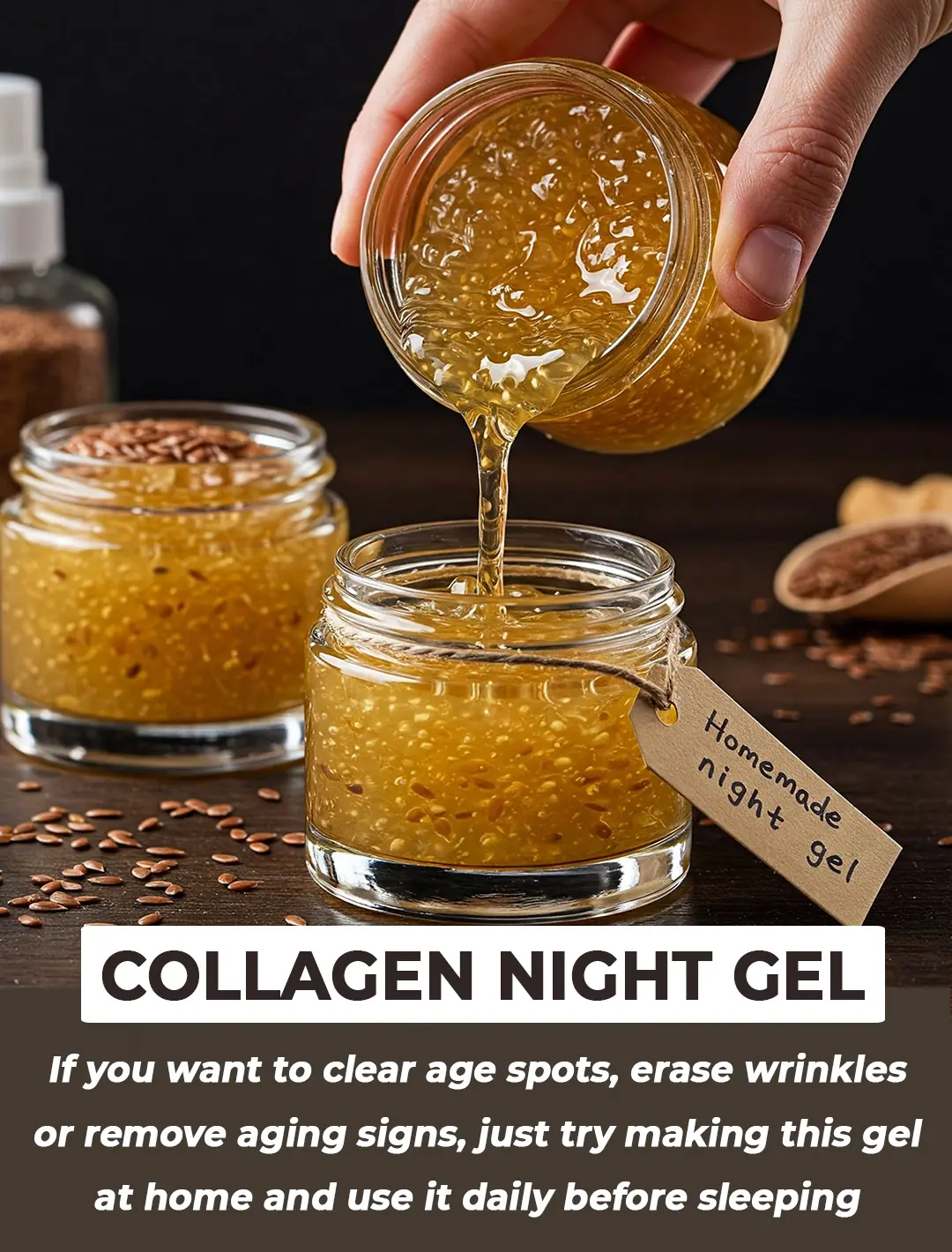
DIY Flaxseed Collagen Night Gel for Hydration and Rejuvenation
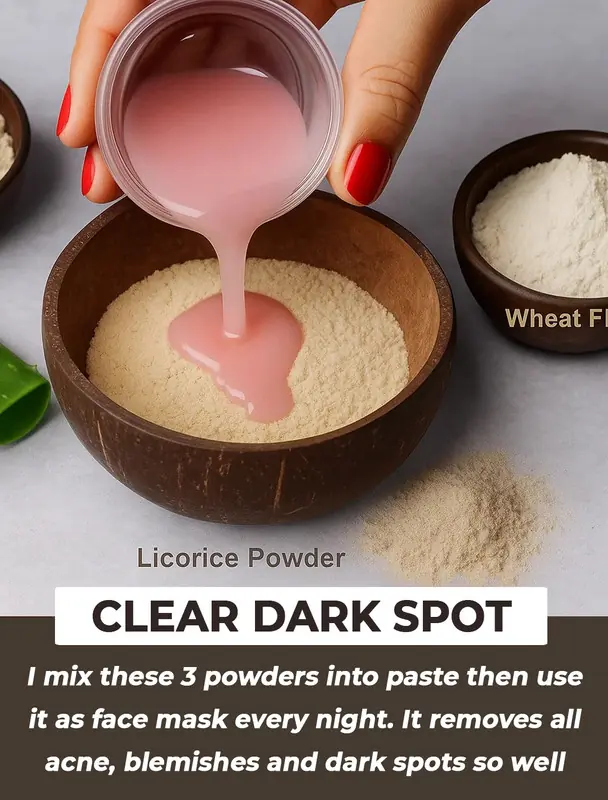
10-Day Licorice Treatment for Dark Spots: Fade Pigmentation and Achieve Glowing Skin Naturally

Easy Recipe to Make ABC Collagen Ice Cubes at Home: The Secret to Glowing, Firm Skin
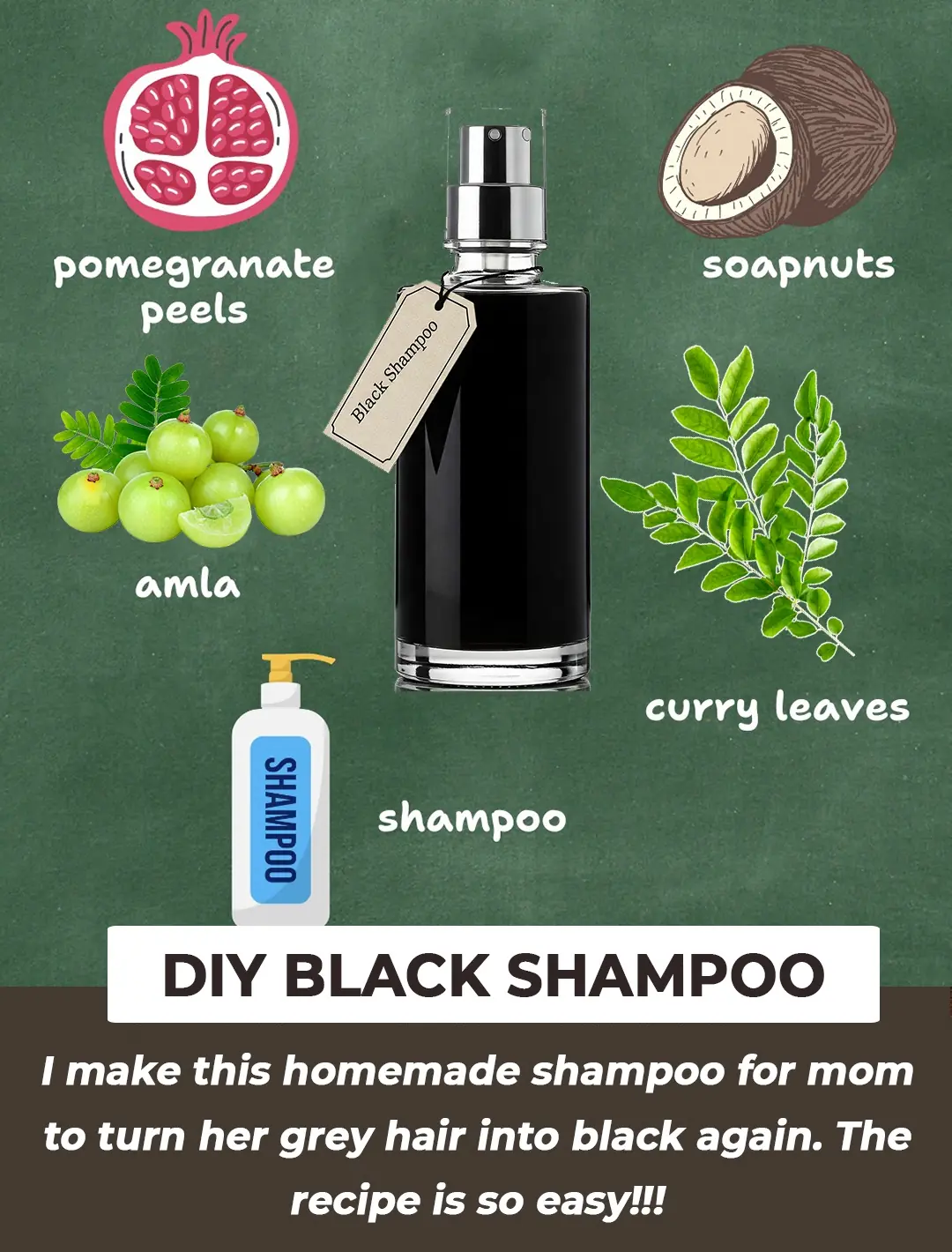
2 Mins Black Shampoo For Grey Hair

Why this doctor refuses to prescribe statins for high cholesterol

The 'divine' secret to frying

Why do we have to leave our phone face down on the table when we are not using it?

Hanging a towel on the door handle before bed: Unexpected benefits but few people know

Tips for conditioning your hair with over-cooked bamboo shoots
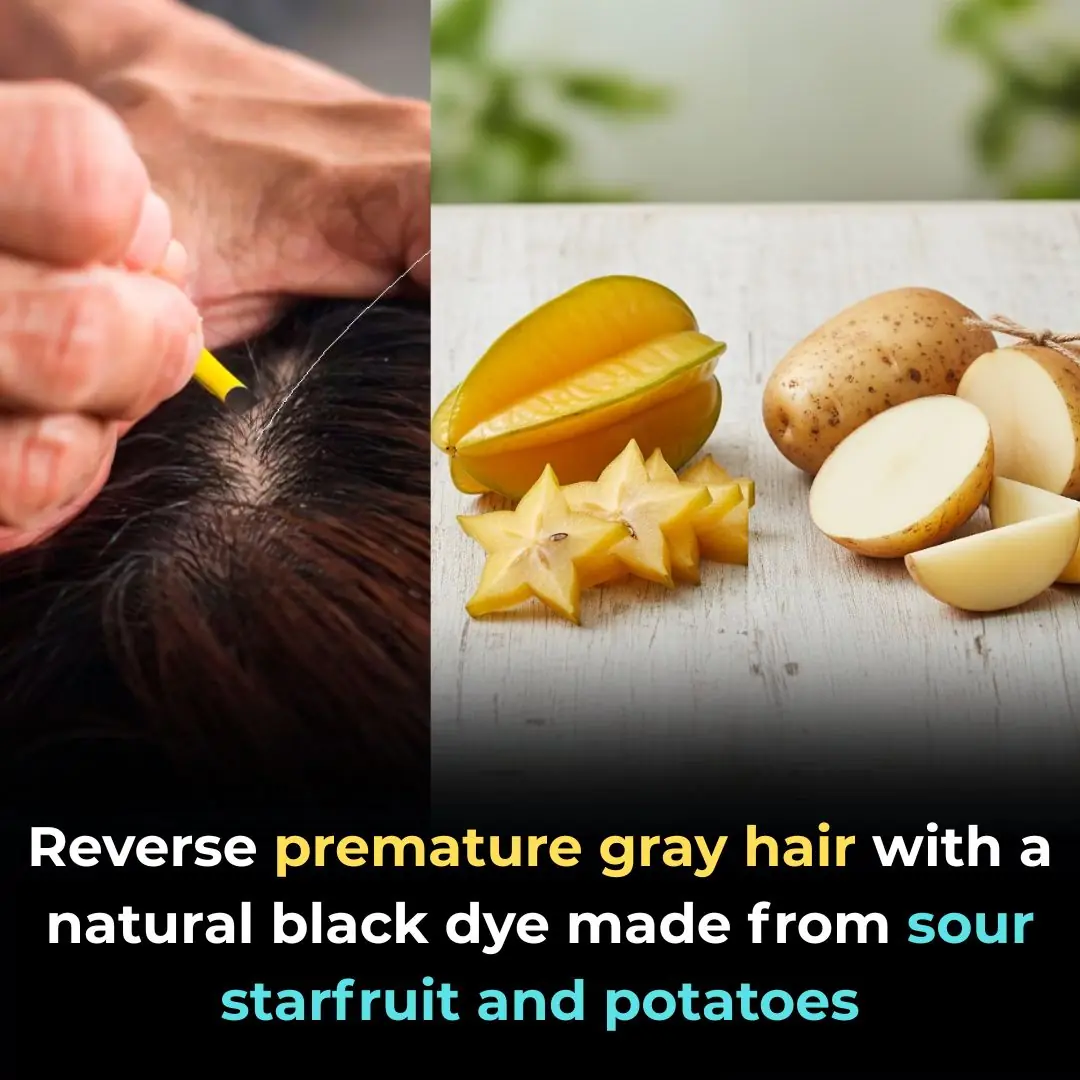
Treat premature gray hair thanks to the black dye formula

What Are These Strange Black Dots In Your Kitchen

Magic Eraser can be used for almost anything, but here's what you didn't know

Wrong understanding turns water purifiers into diseases, remove them immediately to avoid harming the whole family
